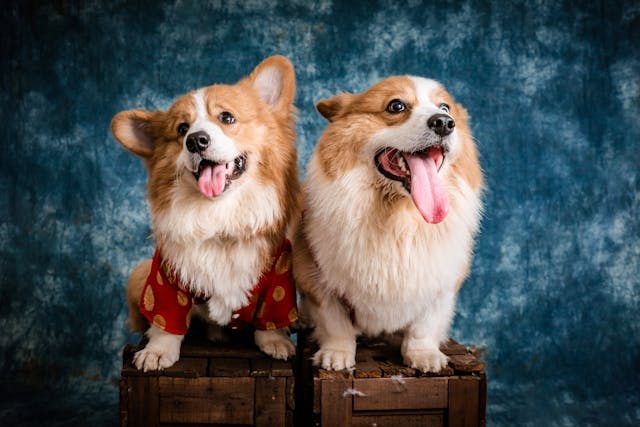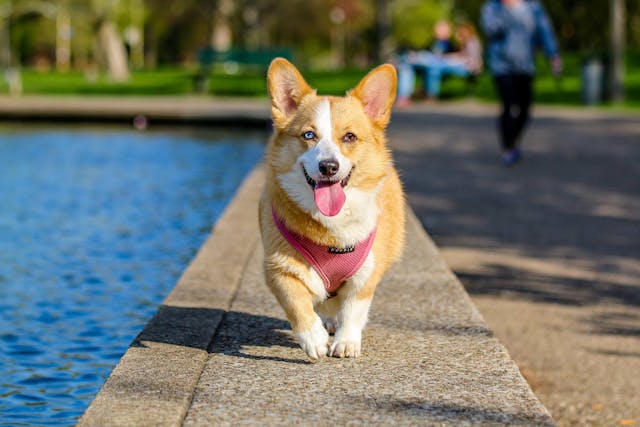Socialisation is one of the most important parts of a puppy’s early development. It sets the stage for how they interact with other dogs, humans, and the world around them. One of the most effective (and fun!) ways to encourage positive interactions is by arranging puppy playdates. But while puppy playdates can be a wonderful experience, it’s important to approach them with care to ensure every tail keeps wagging safely.Here’s a guide to the essential do’s and don’ts of puppy playdates to help your furry friend become a confident, sociable companion.
DO: Wait Until Vaccinations Are Up to Date
Your pup’s health should always come first. Make sure your puppy has received all their core vaccinations before introducing them to other dogs. Until they’re fully protected, stick to interactions with vaccinated dogs in safe, private environments.
DO: Choose the Right Playmate
Not every dog is a suitable companion for your puppy’s first social experiences. Try to pair your puppy with another dog that’s:
- Around the same age and energy level
- Well-socialised and friendly
- Fully vaccinated
Older dogs can be great mentors, but if they’re not known to be patient with pups, it might be best to wait until your dog is a little older.
DO: Set Up a Safe Space
Whether you’re meeting at home, in the backyard, or at a park, safety is key. Make sure the space is enclosed and free from potential hazards. For those organising playdates at home, consider using electric dog fences to safely define the boundaries of your yard and prevent any unexpected escapes or curious wanderings.

DON’T: Force Interaction
Every pup is different. Some take to new friends straight away, while others may be shy or nervous. Let them approach each other at their own pace. Avoid holding them or pushing them towards one another, as this can create anxiety or fear around socialisation.
DO: Supervise at All Times
Puppies can get overly excited or tired quickly, which can sometimes lead to rough play or misunderstandings. Keep a close eye on their behaviour and be ready to intervene if play gets too intense or one dog starts showing signs of stress, such as tucking their tail, growling, or trying to hide.
DON’T: Let Toys Cause Tension
Toys and treats can sometimes trigger possessive behaviour in puppies. It’s best to remove these items from the play area until the dogs are familiar with each other and you’re confident they can share without issues.
DO: Keep Sessions Short and Sweet
Especially for younger puppies, shorter sessions are ideal. Around 20–30 minutes is often enough before tiredness kicks in. Always end on a positive note so that your pup builds happy associations with social time.

DO: Watch Body Language
Learning to read canine body language is invaluable. Happy play often involves loose, wiggly movements, play bows, and relaxed tails. If you notice stiff postures, hard stares, or excessive mounting, it’s time for a break.
DON’T: Ignore Post-Play Care
After a playdate, give your puppy some downtime. Offer water, a quiet space to rest, and lots of praise. It’s also a good time to check for any small nicks or scrapes from rough-and-tumble play.
Puppy playdates are a fantastic way to boost your pup’s confidence, encourage healthy behaviours, and help them grow into a well-rounded adult dog
By following a few simple guidelines—and creating a safe, secure environment—you can ensure these early social experiences are nothing short of paw-sitive!Happy socialising!













Leave a comment